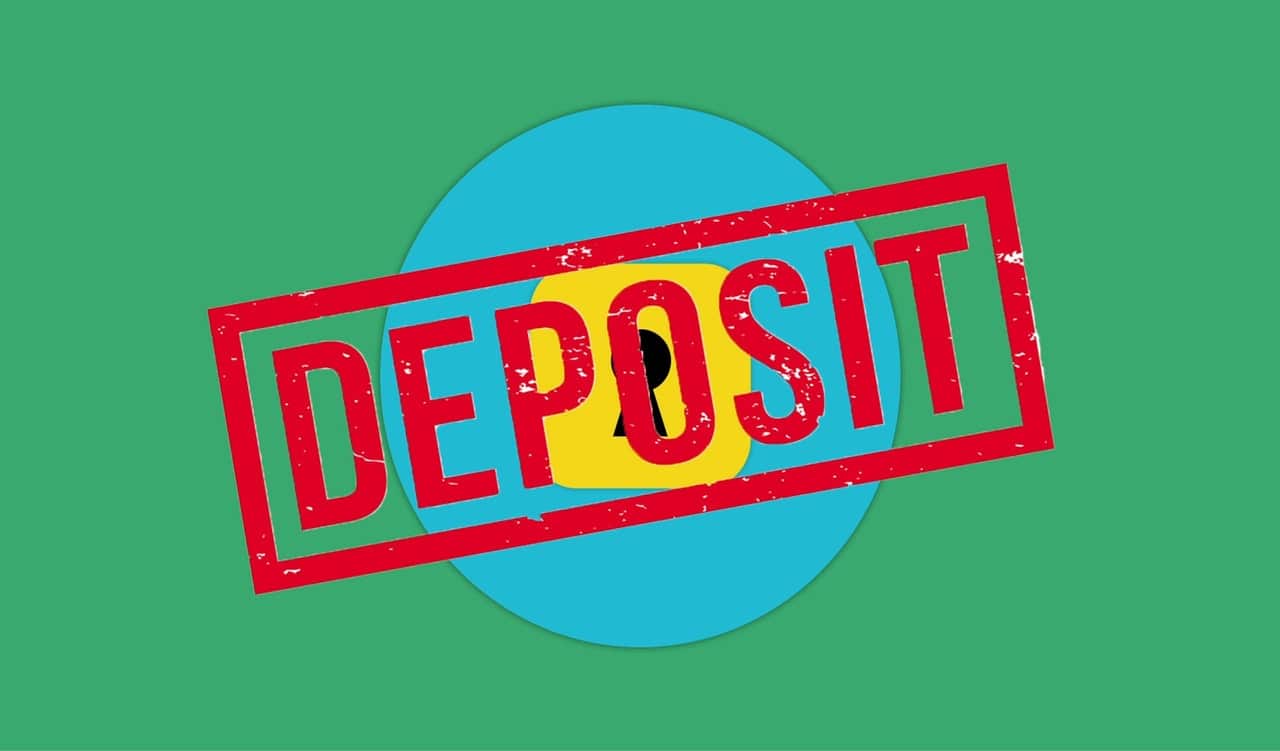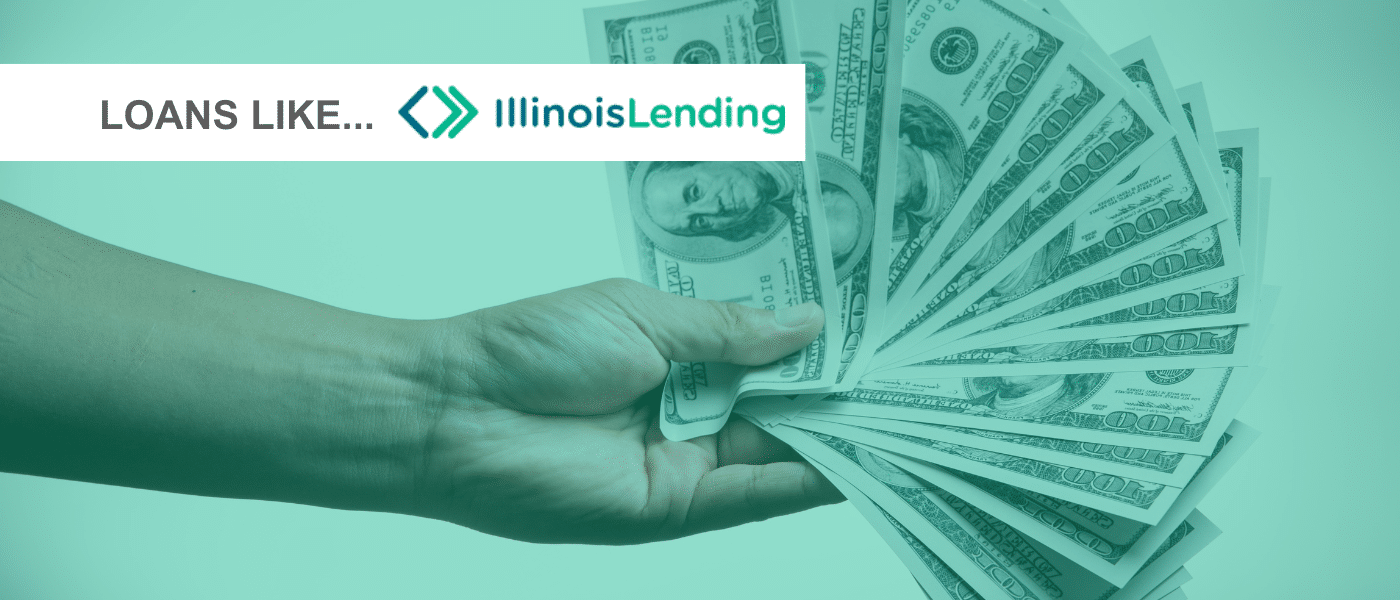You may deposit a check for someone else if the original check owner has endorsed the check properly. The check must be signed by the original owner and be made payable to you or have “for deposit only” written under the original signature.
There may be a time when you need or want to deposit a check for someone else. For example, if a person is traveling and not physically present they may need you to pick up and deposit a check for them. Another common scenario is illness or injury—the person who the check is for may be physically unable to deposit it due to illness, injury, or hospitalization. Business purposes are another common reason for third-party check deposits, often for convenience and efficiency.
According to the Federal Reserve Bank of San Francisco, paper checks account for about 60% of all retail payments in the United States.1 The good news is that it may be possible throughout many banks, credit unions, and other depository institutions! Keep reading for more information on how you can deposit a check for another person.
Whose Account Will You Deposit the Check Into?
Before you can figure out how to deposit someone else’s check, you should figure out whether you want funds to go into your own account or theirs. If you deposit a check for someone else, most banks, credit unions, etc., will likely only let you do so into that person’s savings or checking account. However, some options are available through and outside of a bank which makes it possible for the other person to send that money to your account.
How to Deposit Someone Else’s Check into Their Account
Depositing a check for someone else can be pretty straightforward if you simply deposit it into their checking account. Here are some ways you can do so:
Use a Deposit Slip
Whoever you are depositing a check for can fill out a deposit slip. A deposit slip is a small piece of paper you can get from your bank/depository institution. The person you are depositing for can enter the type of funds deposited, amounts, and other details. From here, you should be able to head to your bank and complete the deposit! Using the deposit slip method is the easiest way to take care of a check deposit for a third party.
Add “For Deposit” Only to the Check
One option you will have is to have the payee add “for deposit only” on the endorsement area of the check, along with their signature and the check amount (if you are depositing cash along with the check, add that information as well).
If the payee cannot endorse the check themselves, add “for deposit only” and the check amount. And if you have their bank account number and routing number, you should also add that here. You can then head to your bank branch and make the deposit.
This method is considered a restrictive endorsement method because it limits what the depositor can ask for from the bank teller. When a teller sees “for deposit only” on a check, they won’t cash it; they will do precisely what is listed: deposit it into the person’s account.
The Signature-Only Method
Another option you can consider when trying to deposit a check for someone else is using the signature-only method. This method involves having the payee’s signature on the check (along with the check filled out). This method is also considered a “blank endorsement.” Here you will have the ability to cash or deposit the check.
What Do I Need When Depositing a Check for Someone Else?
When depositing a check for someone else, you will need to have:
- A State-Issued Photo ID
- The check with the necessary information is filled out. Learn the basics of how to write a check if you haven’t already done so
- A deposit slip if you are using the deposit slip method
How to Deposit a Someone Else’s Check into Your Account
Let’s say you need to get a check from someone else deposited into your bank account. Well, there are a few methods to do you can use:
Ask the Payee To Add You to “Pay to the Order Of” on the Check
Another thing you can do is ask the payee to add you as the person the check is written to. That way, all you will need is your ID and debit card to deposit the check into your bank account. For third party checks, some banks will allow their customers to sign a check over to someone.
Steps for Depositing a Check for Someone Else Into Your Account
Generally, these will be the steps you’ll have to take to deposit another person’s check into your account:
- Have the other person write “Pay to the order of” with your name on the back of the check (the space for endorsements) and have them sign under that.
- Take the check to your bank and fill out a deposit slip. The information you’ll need is the check amount, your name, and your account number.
- Your check is ready to be deposited! It will be a good idea to get a receipt of the transacation, in case of any issues.
You’ll want to double-check the information at every step to ensure accuracy and correctness!
Have an Account Transfer Done After the Deposit
Once you deposit the check into the person’s account, you can ask the payee to perform a simple transfer. Most major banks have some kind of mobile and money transfer option. For example, with Chase Bank, you can send and receive money instantly through Zelle, similar to cash advance loans. Each person must be registered with their email address or phone number. Or an online money transfer/ external money transfer can be done without a third-party service if you provide your checking and routing account number to the other person (this process is called ACH authorization). This option may take a little longer.
Cash the Check and Deposit It Into Your Account
Another option you can pursue is to cash the check and deposit it into your checking account. Remember that you can only do this using the signature-only method or if the check is addressed to you.
Things To Keep In Mind When Depositing a Check for Someone Else
Here are some things that you may not think about when depositing money for another person but are helpful to consider:
Joint Bank Accounts
If you share a bank account with someone else, you shouldn’t have to jump through any hoops to deposit a check for them. It will be the same process as depositing a check for yourself. You will need your check, your ID, and your debit card. You can also cash the check if you would like.
Getting a Receipt
No matter who you deposit checks for or the check amount, you should make sure to get a receipt. A receipt will confirm for the other person that you deposited the funds. Why is this important? Well, sometimes bank tellers make mistakes, and the funds may be sent to the wrong account, or the amount may be different. With a receipt, you can ensure that you have a record of the transaction if things go wrong, so the blame does not fall on you. Depositing someone’s money is a big responsibility, and with a receipt, you can ensure you have proof of your actions.
Which Method is The Safest?
Suppose you are allowing someone else to deposit a check for you. In that case, you should consider using either the deposit slip or the deposit-only method, as they are more secure than the signature method. With the signature method, a person can cash the check for you, which can be fine in certain circumstances, but if you want to ensure that the money goes straight into your account, the other methods work better.
Consider Mobile Check Deposits
If you or someone you know cannot head to a bank branch in person for a check deposit, you can consider a mobile check deposit. Most banks with mobile apps will have this feature. All you have to do is take a photo of either side of the check and sometimes add in other details manually. The check will be sent to clear and, once cleared, deposited straight into the respective bank account. With this option and echecks (checks sent electronically), anyone can deposit a check themselves without leaving the comfort of home.
Confirm the Check’s Information Before Heading to a Bank
One final thing to keep track of when depositing a check for someone else or for yourself is to ensure all the information on it is correct. Make sure you have a check from the correct account, that it is endorsed in the right spot, that all the necessary information is present, etc. This can make the deposit process much smoother and help you avoid a second trip.
Deposit Someone Else’s Check: FAQ
If you have someone else’s check, they must first endorse (sign) the back of the check and then write “Pay to the order of [Your Name].” This is known as signing over the check. You can then endorse below their signature and cash or deposit it via a remotely created payment.
Fund availability can vary based on the bank’s policies. While some funds might be available immediately, others might take several business days. It’s best to check with your bank or credit union about their specific funds availability policy.
Yes, there are risks. If the check bounces or is fraudulent, you could be held responsible for the full amount of the check plus any associated fees. Always ensure the check’s legitimacy before cashing or depositing.
Can I deposit someone else’s check into my account without them being present?
While it’s possible to get a signed-over check, many banks or credit unions require the original payee to be present during the deposit for verification purposes. Always check with your bank’s policies to be sure.
Always ensure the check’s authenticity, verify the original payee’s identity, and be aware of your bank’s policies. It’s also a good practice to keep a record of all transactions, including a copy of the endorsed check, in case of any discrepancies.
This will depend on who you bank with; there are some banks out there that allow their customers to deposit third-party checks via their mobile app. However, some banks, such as Bank of America and U.S. Bank, prohibit it. Check with your specific institution to find out the exact details.
A Word From Cashing Checks From Someone Else’s Account
While depositing checks for someone else may seem convenient, it’s important to exercise caution. CreditNinja urges everyone to never cash a check for someone you don’t know. Furthermore, be careful if you ask another person to cash a check for you. Never trust a stranger with one of your checks. If you have a check to cash but don’t have the proper type of account to cash it, you can look into options like going to a currency exchange or asking the distributor of the check to deposit the funds directly into your bank account.
Want to learn more about handling your finances, cashing checks, getting loans, and more? Head over to the CreditNinja blog dojo for tons of free articles, personal loan calculators, and other financial resources, which are available to you absolutely free!
References:
1. Why Do Americans Still Write Checks? | San Francisco Fed
2. Can You Deposit A Check For Someone Else? | Money Tamer
3. Can Someone Else Deposit a Check for Me While I’m Out of Town? | Map Happy
4. How to Make Mobile Check Deposits | Investopedia
Nooreen brings over nine years of experience as a financial writer and editor, including six years in FinTech and three years at CreditNinja. Nooreen earned her BA in English Language and Literature. She is a member of the American Bankers Association® Frontline Compliance program, having completed over 24 ABA certification programs. Her professional skill set also includes certifications in email marketing and a certificate in UX writing and design.







